IFCA’s have reached their tenth anniversary, and as a result are recruiting new members for their committees. Recreational angling has been woefully under represented on these crucial bodies meaning that very often we have no voice over local management regimes. There are ten IFCA’s in England (Scotland and Wales have their own management regimes) Cornwall, Devon and Severn, Scilly Isles, Southern, Sussex, Kent and Essex, Eastern, North Eastern, Northumberland, and North West.
Over the last few years when appointments have been made it has sometimes been very difficult for anglers to get proper representation. The reasons for this are many, firstly some areas were oversubscribed where others saw virtually no anglers applying. One this is clear, if we aren’t represented then we have no input into the decisions that affect our local coastal communities. It should be said angling isn’t the only sector under-represented.
Now it should be pointed out here that the job of a committee member requires a certain amount of knowledge and commitment. Many of the issues covered either do not really affect anglers directly or involve rather mind- numbing subjects like the amount of fuel allocated to the fisheries protection boats. There is also a lot of material to wade through before after each meeting (held once a quarter) and this has definitely put a lot of people off from applying – particularly those with busy lives. Further to that anglers (and others) have found the sheer number of commercial fishermen on these committees rather intimidating – until recently many of them thought it was none of our business and that because they regarded the fish stocks as their own to do with what they pleased our presence was not welcome. This attitude is changing but it is none the less daunting to find yourself the only angling voice in a room full of people who are either hostile or at best indifferent to recreational angling – despite our demonstrable economic power. None the less we shouldn’t be put off.
Balance
The Marine Management organisation, which oversees the recruitment of committee members, has some strict criteria for recruiting committee members, their main aim is to create balance so no one group is over represented or has a majority. They also stress that members are NOT representatives of sectors (although to some degree that is inevitable) but local people with knowledge and experience of specific stakeholder areas. This informs the recruitment process.
What does it entail
So, what does being on an IFCA really require: the best place to start is the Marine Management Organisation’s (the body that over sees IFCA’s) own definition of the job:
“The role of an IFCA General Member
The members of the IFCA contribute their knowledge and experience to provide sustainable management of the inshore marine area of their IFCA district. Appointees to IFCAs are legally required to consider all the local fishing and marine conservation interests in the waters of the IFCA district in a balanced way, taking full account of the needs of the IFCA district. Appointees should recognise that they are part of a committee and should not regard themselves as representing solely one area of particular interest within the IFCA district. As a member of an IFCA committee you will work in a team with others, helping to ensure that: the use of sea fisheries resources is carried out in a sustainable way and is balanced with the need to protect the marine environment or promote its recovery from, the effects of exploitation the different needs of those engaged in the exploitation of sea fisheries and marine resources are balanced the conservation objectives of marine conservation zones are achieved”
Apart from attending quarterly meetings, committee members need to assume that one day a month will be required to prepare for meetings or attend sub committees. There is training offered but the definition stresses:
“…members must work collaboratively, to contribute skills and knowledge for the good of the IFCA committee and the local community, and act as one and have knowledge and experience in a relevant area such as commercial and recreational fishers, environmental issues or marine research.”
They also stress the need to work with the committee to help ensure “the exploitation of sea fisheries resources is carried out in a sustainable way, the social and economic benefits of exploiting the sea fisheries resources is balanced with the need to protect the marine environment from, or promote its recovery from, the effects of exploitation”
And “the different needs of those engaged in the exploitation of sea fisheries and marine resources are balanced and the conservation objectives of marine conservation zones are achieved”
Now for anyone who has already had experience of these committees will be aware that the sentence “Appointees should recognise that they are part of a committee and should not regard themselves as representing solely one area of particular interest within the IFCA district.” Is somewhat specious mainly because some of the commercial fishing interests seems to ignore this and act exactly as if they are protecting their own interests – and why wouldn’t they? Livelihoods are at stake and they have a pecuniary interest in the outcomes.
Now that recreational angling has been recognised in the Fisheries Bill as a stakeholder in the management of our marine environment it is all the more important to ensure that anglers with the time and skills required should be thinking about whether they can help the future management of our inshore waters by applying to join the committees.
The deadline for applications in the current round of recruitment is January 4th so there is not much time if you want to get involved, and there are some upcoming vacancies in areas like Sussex and Cornwall which will need filling so this process is, to a degree, ongoing and I’d urge anyone interested to get involved.
For more information on the process click this link https://www.gov.uk/search/all?keywords=IFCA+recruitment&order=relevance
www.eastern-ifca.gov.uk : www.kentandessex-ifca.gov.uk : www.sussex-ifca.gov.uk
www.southern-ifca.gov.uk ; www.nw-ifca.gov.uk : www.devonandsevernifca.gov.uk
www.nifca.gov.uk: www.ne-ifca.gov.uk: www.scillyifca.gov.uk: www.cornwall-ifca.gov.uk
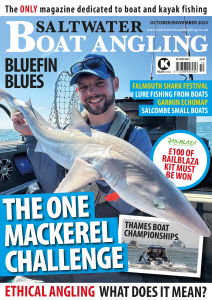


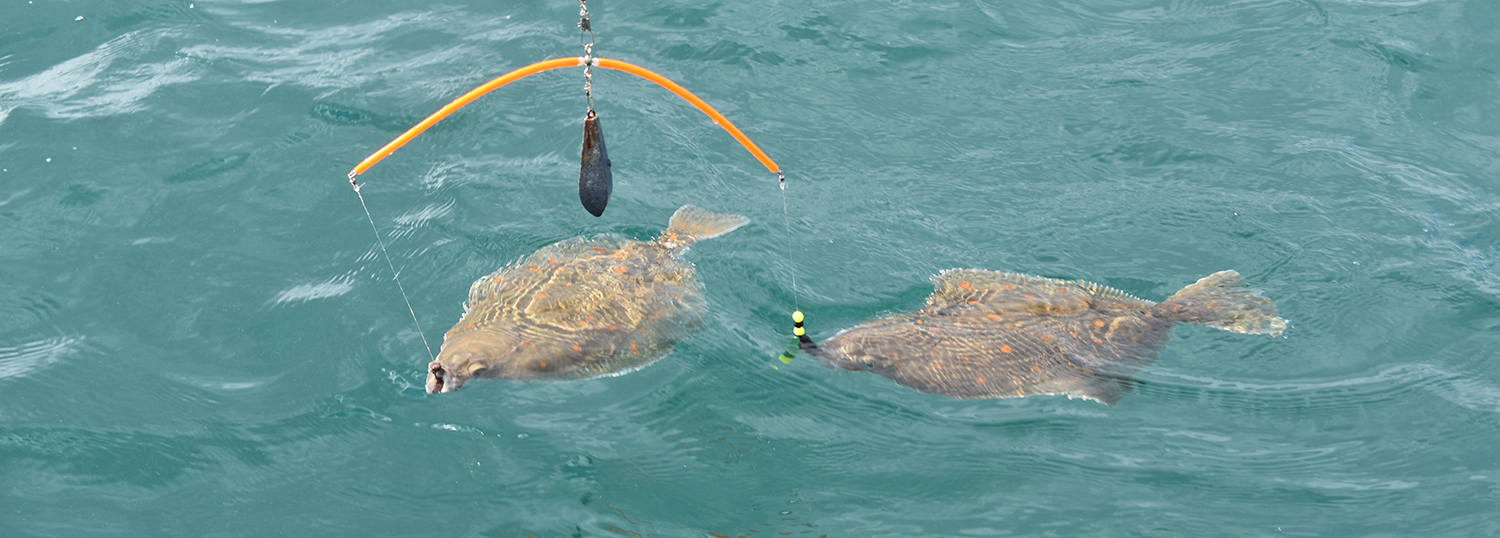

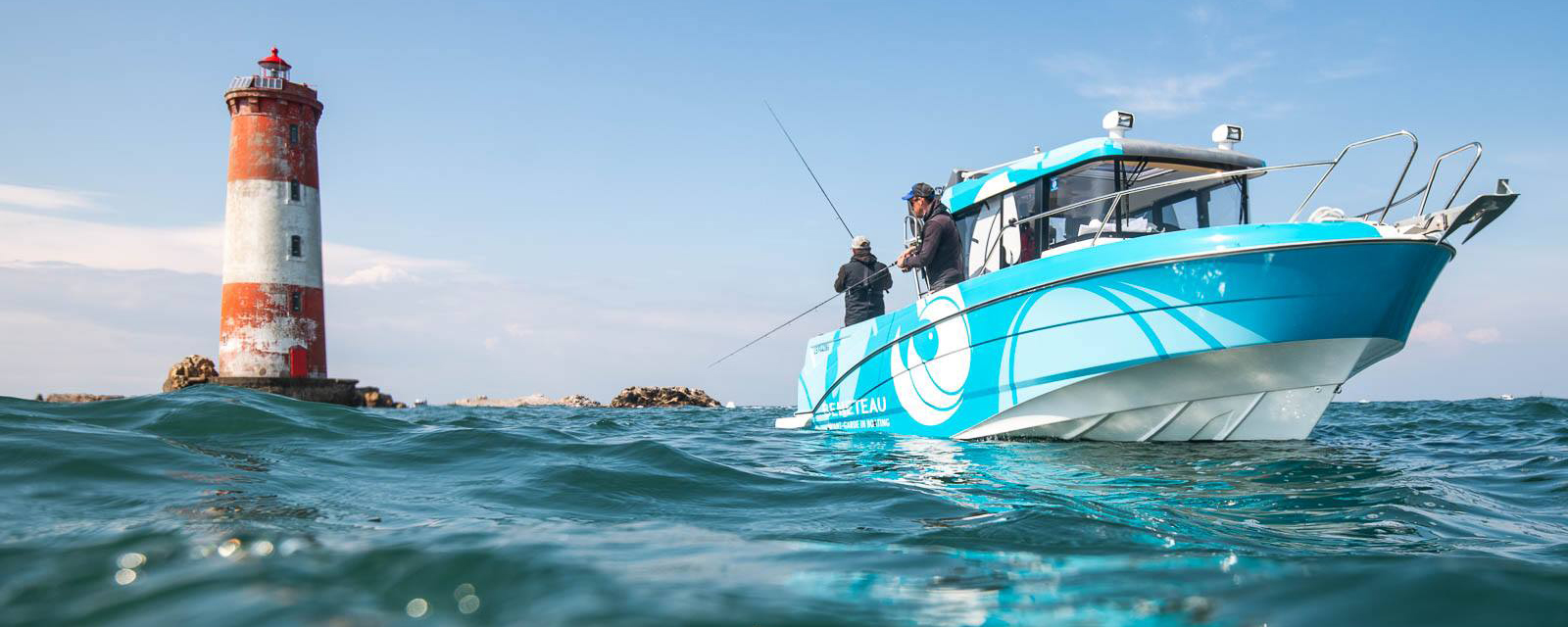


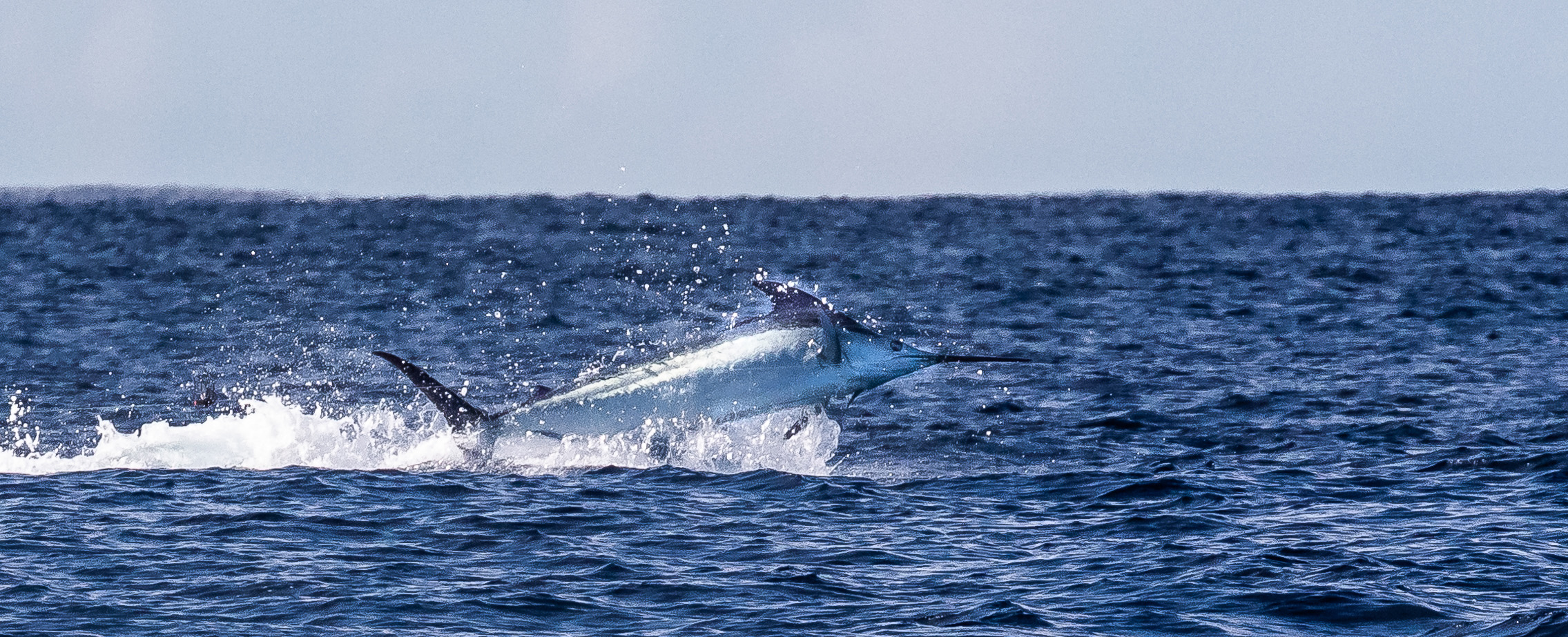
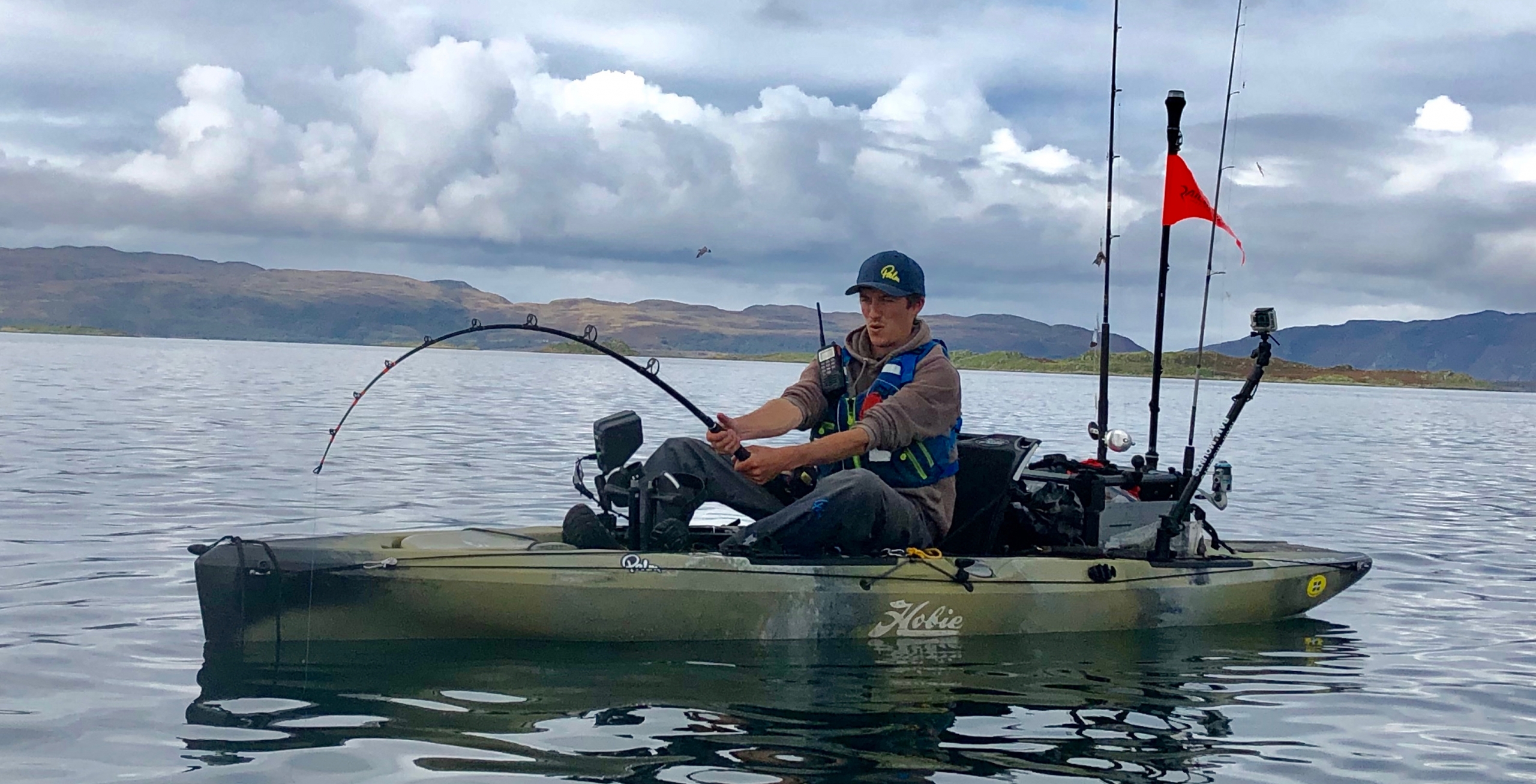


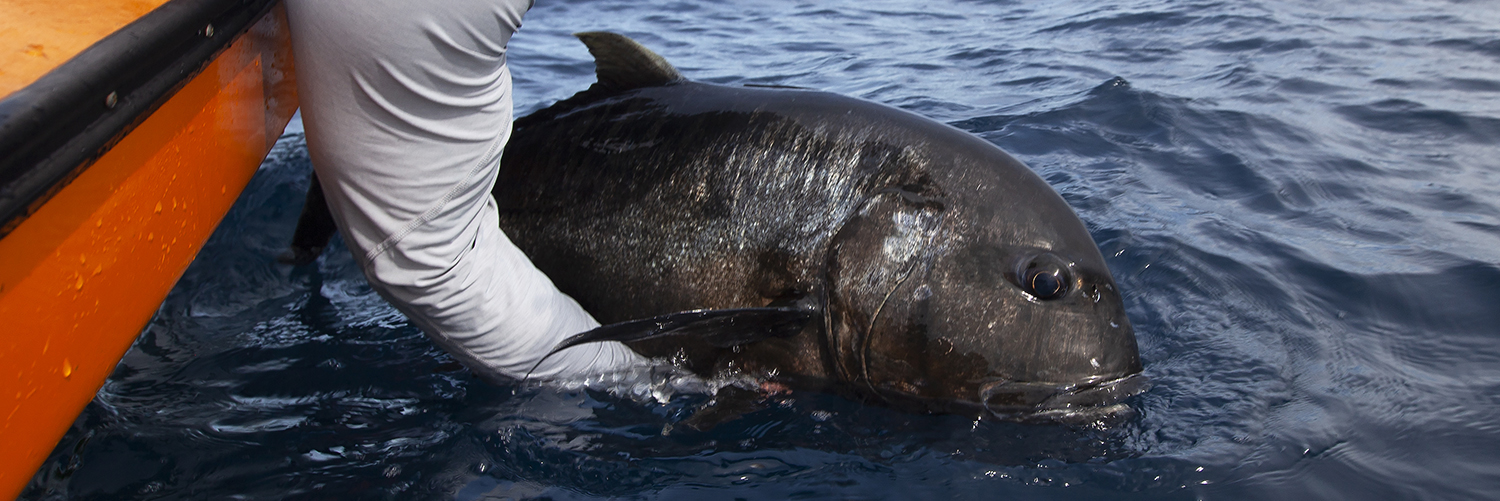
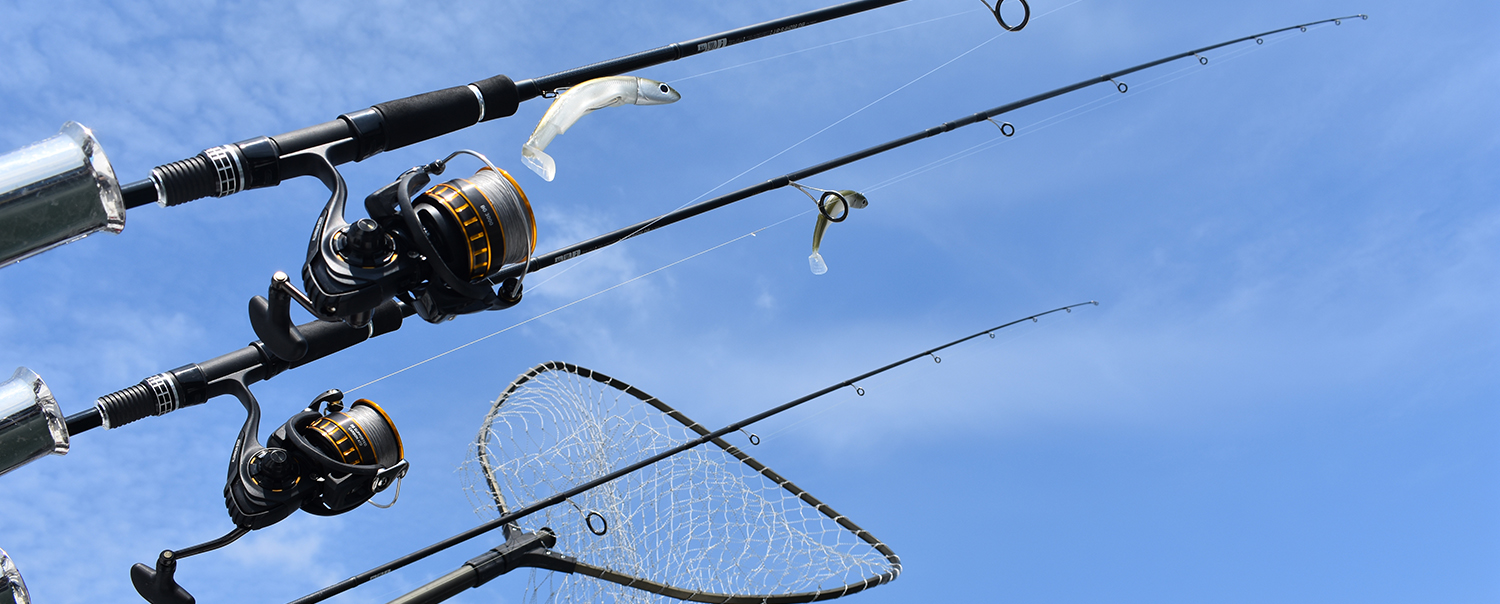
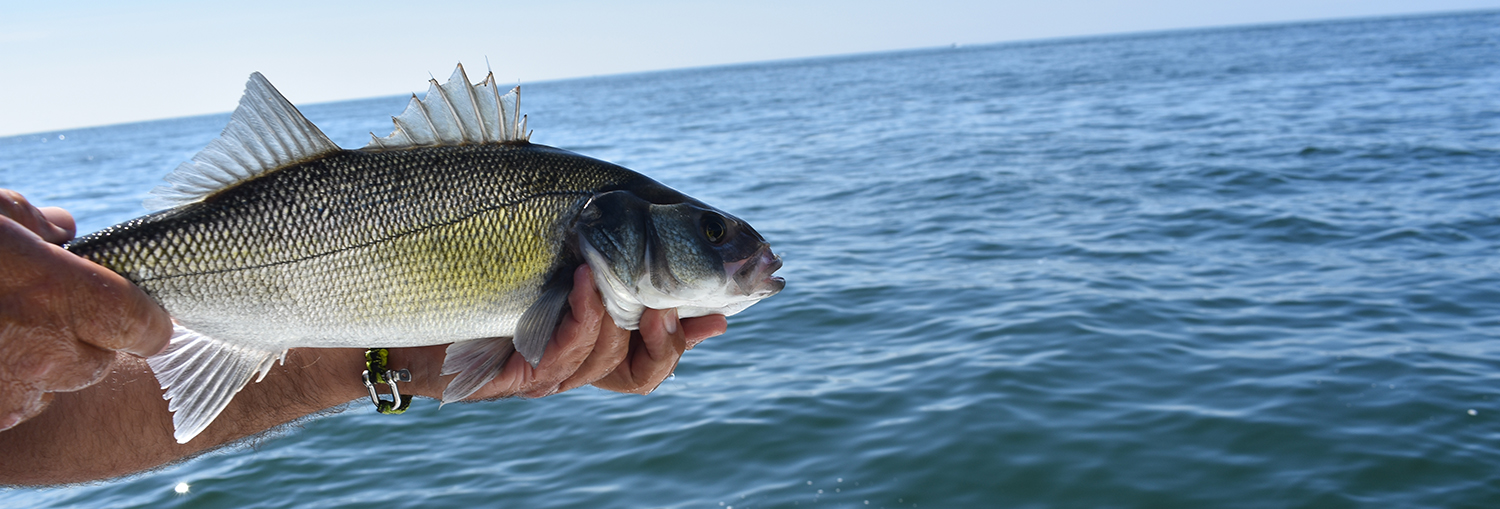


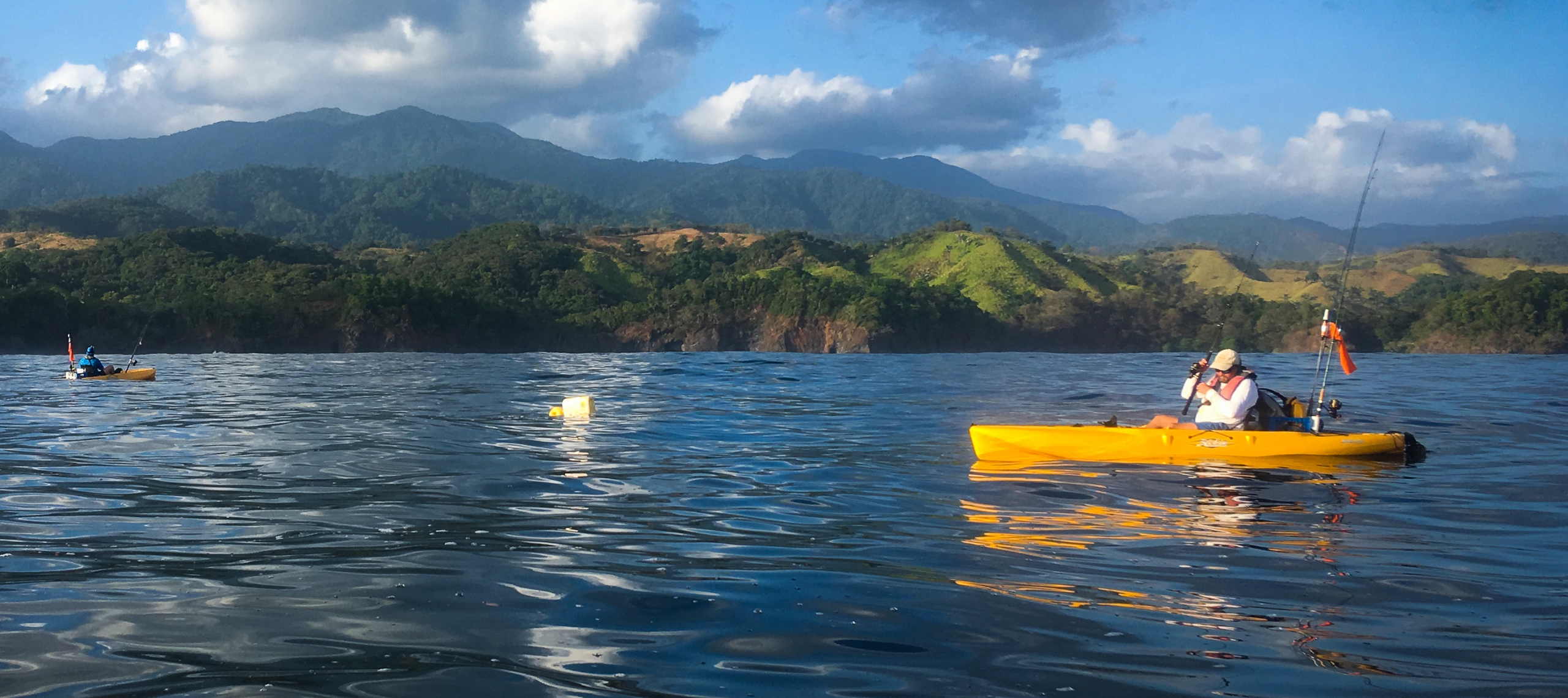
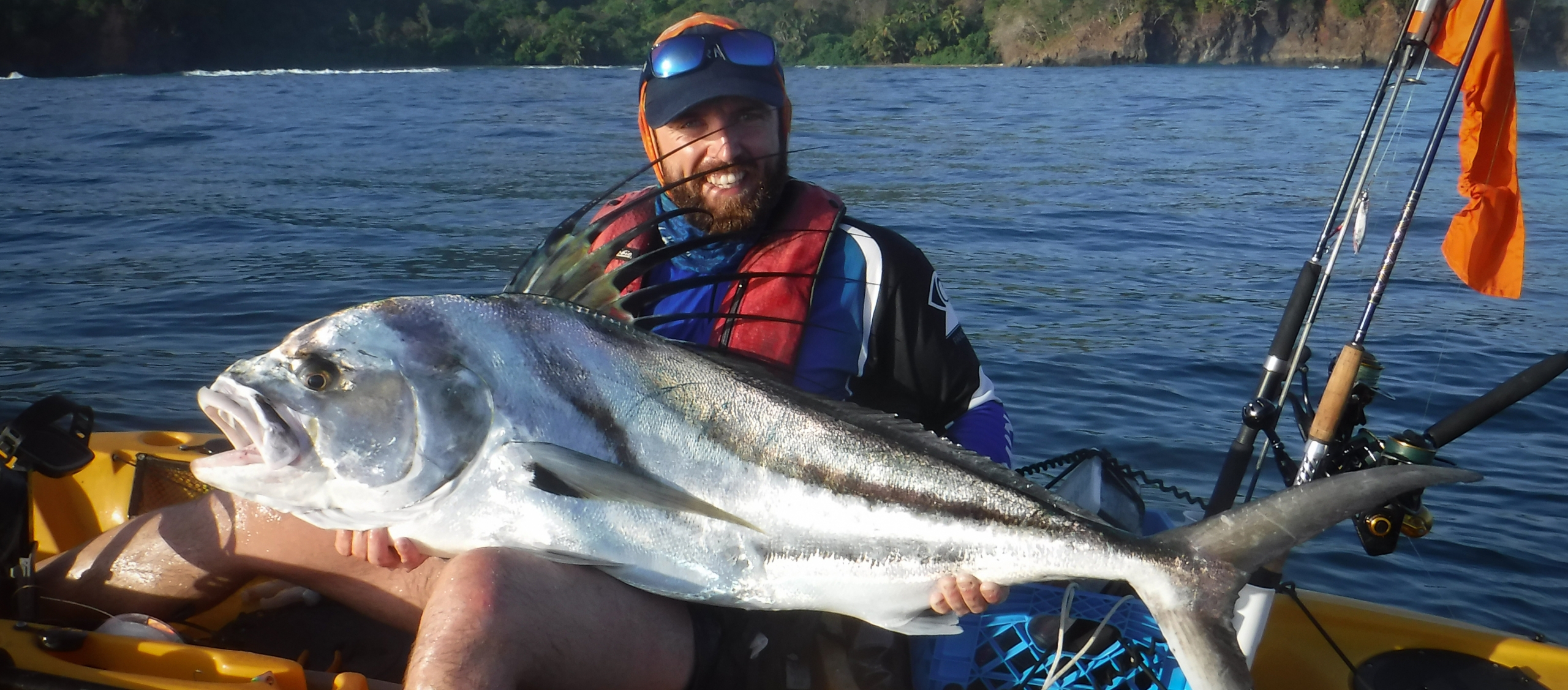
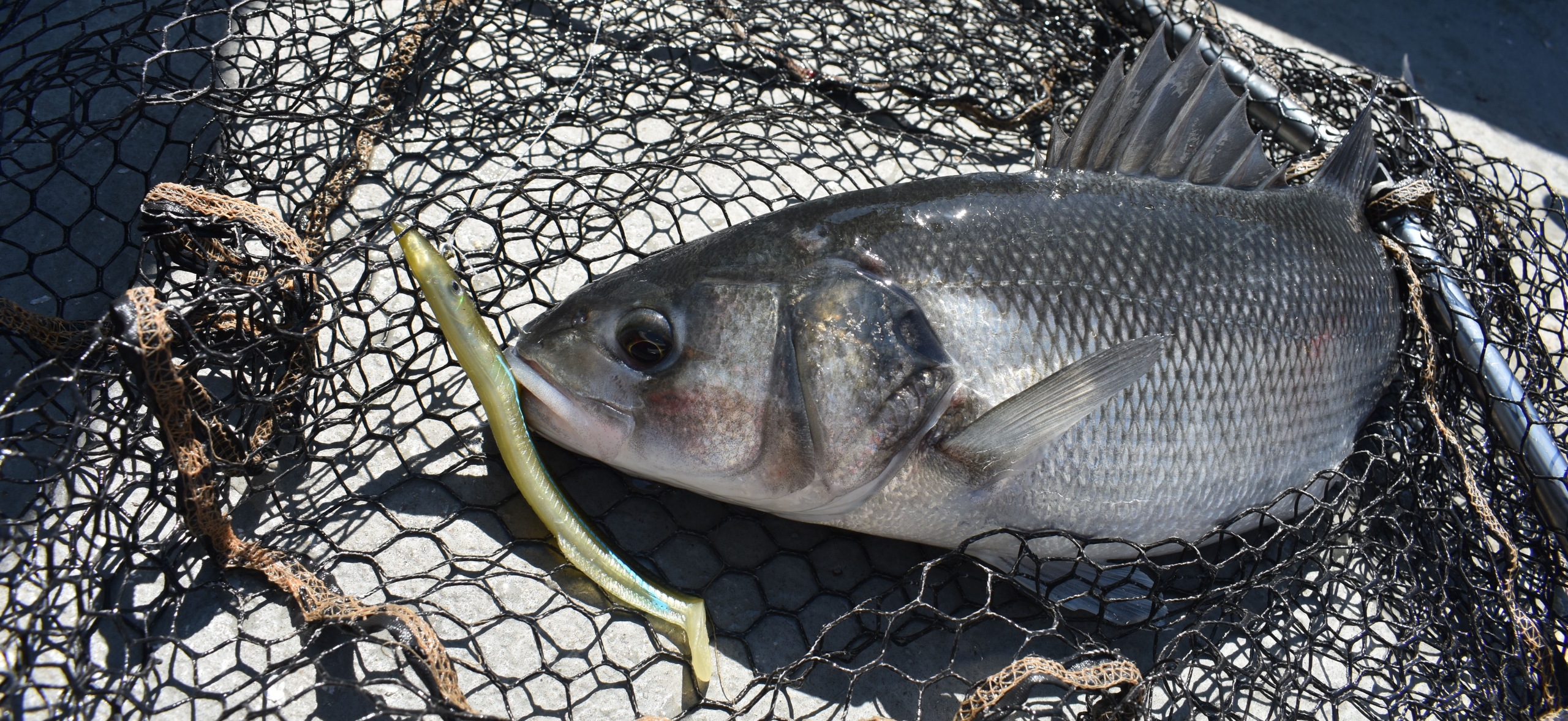
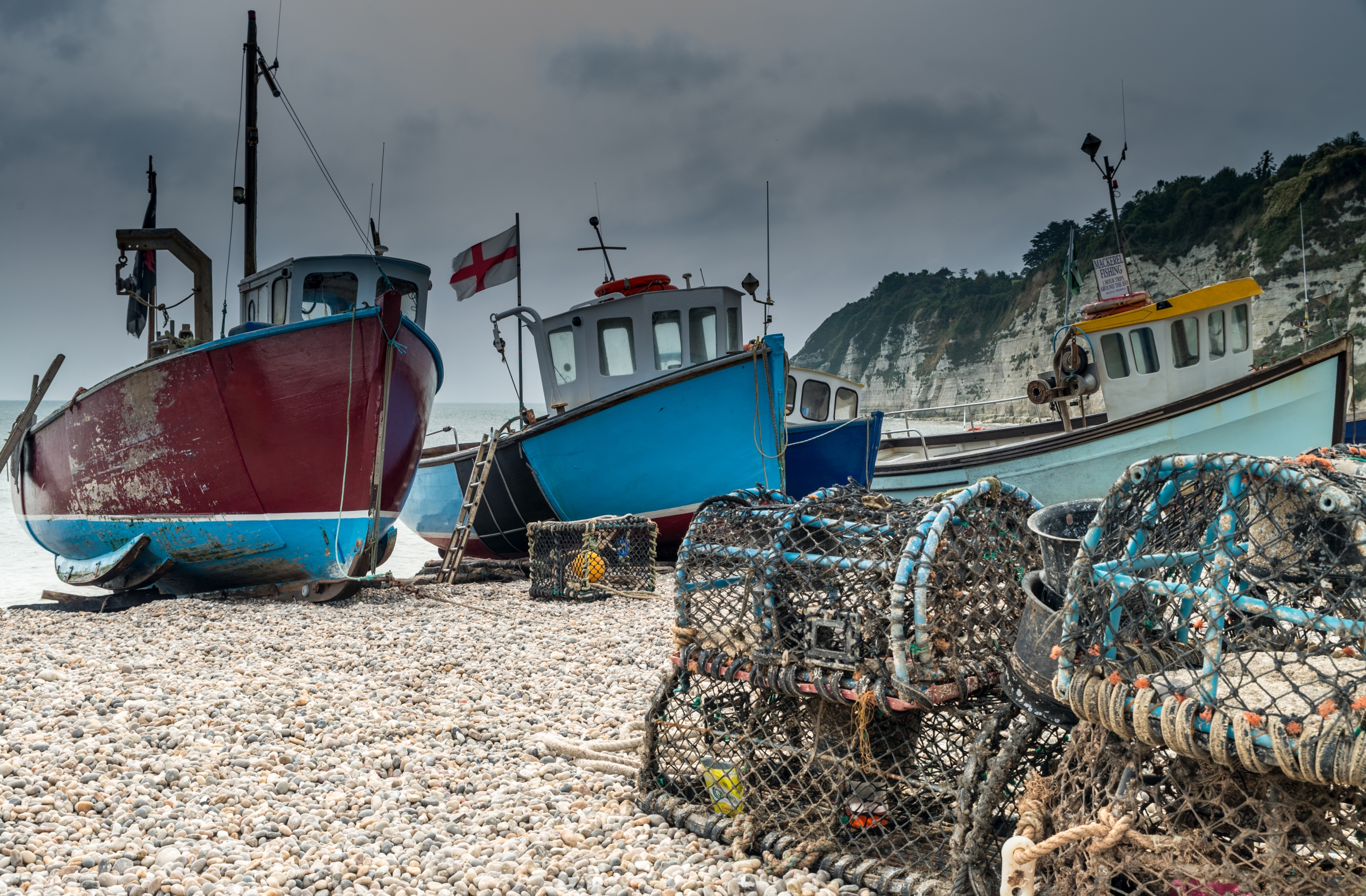
The IFCA committee’s need greater control of their decisions and anglers can do this quite ably by discussing the forthcoming business with your respective County Councillors who sit on every committee.
Anglers can influence policy by making greater conservation measures be adopted or the Councillors tenure is to be scrapped at the next ballot box if they do NOT comply with the needs of the sporting angling community.
Maybe anglers with political aspirations should make effort to take seats and make a greater difference in the consultation routes !
Change is definitely due and down to all Rate paying anglers to make it happen !